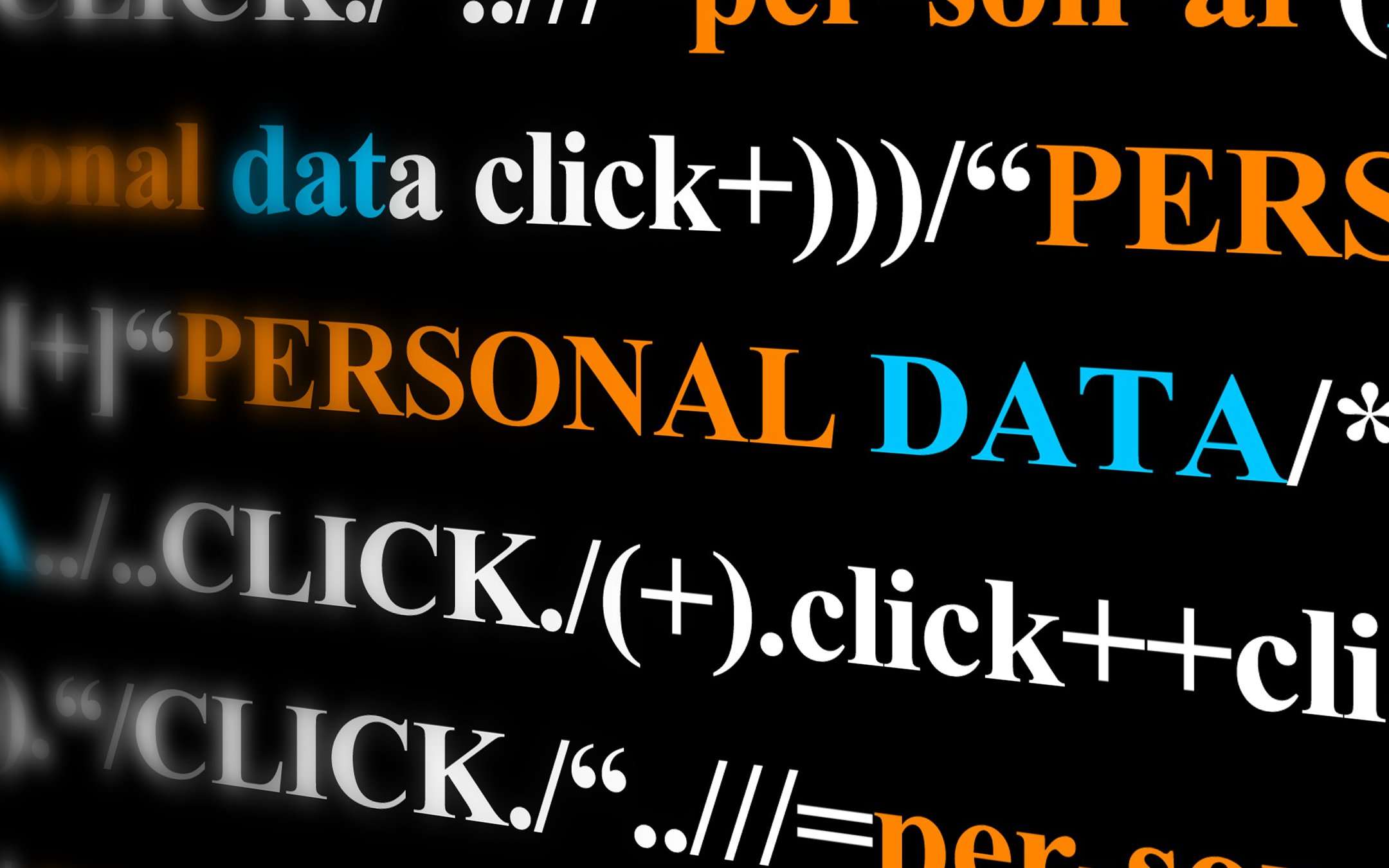Whose personal data are they? Mine, yours, ours

Let's repeat the question, therefore: whose personal data are they? They are mine, but also ours. They are yours only to the extent that I grant you, they are yours only to the extent that you are authorized to treat them. It will never be them, because I don't know who they are.
Whose personal data are
Personal data are "mine" and this is clear: it is natural, it is understood , it is legitimate. This nuance emerges strongly in the Data Transfer Project initiative from which Google Takeout was born, where the backup and transposition of data is increasingly easier and increasingly mobilizes GB of information by the direct will of the legitimate interested parties.Personal data are "ours" and this is less directly understandable, but it emerges strongly in the diatribes that Facebook and other "big names" are starting to mature against the European Union. "Ours", in fact, is the response that the EU opposes to groups that intend to keep personal data collected on our territory outside the old continent. With a different meaning and a much more pronounced profile, the same thing happens when Donald Trump demands the ouster of Tik Tok from the US if he does not immediately find a guarantor partner for the management of data on US servers. Around the word "our" emerges overwhelmingly an issue of data sovereignty, in short, where States have the duty to raise barricades in defense of the community with respect to the legitimate ambitions of private groups (and who knows, less legitimate ambitions of other governments).
Once again, against any risk of expropriation of law by technology, it is precisely this projection, in the digital dimension, of the state and its sovereignty itself that demonstrates how data protection can become a prerequisite for security, promoting that resilience which is indispensable for the defense of democracy while respecting its identity and with democratic means.
Antonello Soro
Personal data is "their" when Politics do not claims its management and private individuals click on processing authorizations that have never been read, never understood and never really framed in their more general meaning. The Cookie Law and the GDPR have always been considered more of a nuisance than a protection measure and in this the legislator probably has more than one fault: the ways in which everything was put in place are reduced to additional clicks that weigh on the online experience of users without reaping the full benefits desired.
This circularity between data protection and democracy explains why, on this very ground, the European Union intended to affirm its digital sovereignty, in a very different sense from that claimed by China in a nationalistic-autarchic and hegemonic key: but rather for the guarantee of the rights of the person with respect to anyone who manages their identity with their data. Thus affirming not national supremacy, but freedom,
even beyond those territorial borders exceeded by the network.
The data, that "new oil" without limits and often without borders, today demands maximum attention: urgency becomes emergency with the imposition of the cloud and with the increasing sensitivity of institutions on these issues. The question “whose personal data are”, therefore, requires answers when they are less superficial and when more understandable. Because this is a reflective question, which every citizen has a duty to ask in order to be able to give a reason for their clicks and actions. Only in this way will he understand Facebook better, use WhatsApp better, regulate Google's backups better and support more strongly those European policies that are committed to protecting your data. My data. Our data.